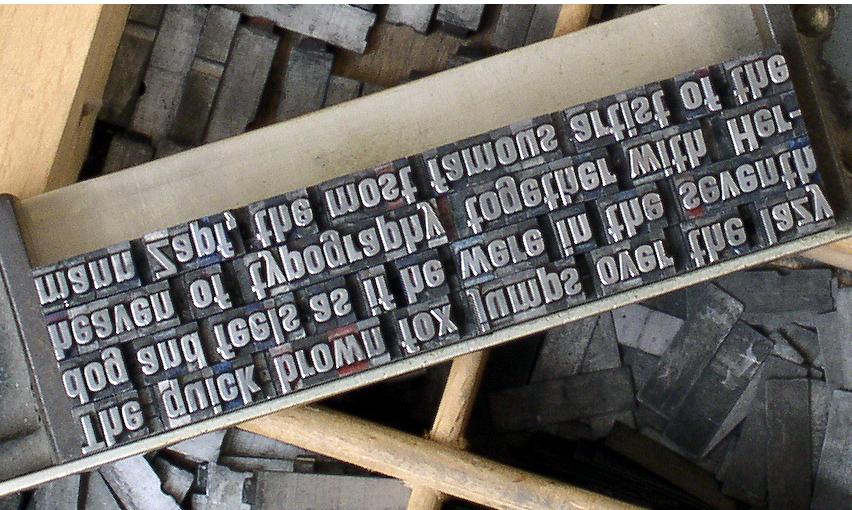From Bollywood to Bungalows: 10 Hindi Words that Shaped English

Language is a fascinating aspect of human culture, constantly evolving and adapting as it encounters new influences. One intriguing phenomenon is the borrowing of words from one language to another. Hindi, one of the major languages spoken in India, has made significant contributions to the English language. Today, we will explore 10 English words that have fun and informative origins in Hindi. So, get ready to embark on a linguistic journey that intertwines two vibrant languages!
- Avatar:
Originating from Hindi, the word “avatar” has a captivating history. In Hindu mythology, an avatar refers to the incarnation or manifestation of a deity in human or animal form. Interestingly, this concept found its way into the digital realm, where it now denotes a virtual representation of oneself, often used in online gaming or social media platforms. So, the next time you create an avatar for your favorite game or social profile, remember its ancient roots in Hindu mythology.
- Yoga:
Ah, the blissful practice of yoga! This word has become globally renowned, promoting physical and mental well-being. But did you know that “yoga” originated from Hindi? In its original context, yoga refers to a spiritual and ascetic discipline, encompassing physical postures, breathing exercises, and meditation. Its profound impact on the mind and body has made it a beloved practice worldwide. So, the next time you strike a yoga pose, appreciate its Hindi heritage.
- Bungalow:
When picturing a cozy one-story house with a veranda, you might be surprised to learn that the word “bungalow” has its origins in Hindi. In fact, “bangla” in Hindi means “Bengali,” referring to the style of houses found in Bengal, India. These houses were known for their low, single-story structures with wide verandas. Over time, the term “bungalow” extended beyond its regional boundaries, becoming synonymous with a specific type of architectural design. So, the next time you admire a charming bungalow, remember its Hindi connection.
- Bandana:
Have you ever worn a vibrant cloth tied around your head or neck for style or protection? That colorful accessory is called a “bandana,” and it owes its origins to Hindi. Derived from the word “bandhana,” which means “to tie,” bandanas have been a part of Indian fashion for centuries. These versatile pieces of cloth have since gained popularity worldwide, adding a touch of flair to various outfits. So, the next time you rock a bandana, appreciate its Hindi heritage and the fashion-forward culture it represents.
- Shampoo:
No, it’s not just a modern-day hair care product. The word “shampoo” has its roots in Hindi. In Hindi, “champo” means “to massage or knead.” During the colonial era, British travelers encountered this practice in India and adopted it into their own grooming routines. Over time, the term “shampoo” expanded to include the cleansing product we know today. So, the next time you wash your hair, remember that you’re indulging in a tradition that originated in Hindi culture.
- Chutney:
Prepare your taste buds for a delightful revelation! “Chutney,” a flavorful condiment often accompanying Indian cuisine, comes from the Hindi word “chatni.” In Hindi, “chatni” refers to a blend of spices, herbs, fruits, or vegetables. This tangy and aromatic accompaniment has made its way into various international cuisines, adding a burst of flavor to dishes. So, the next time you savor a tantalizing chutney, appreciate the Hindi culinary heritage it carries.
- Loot:
If you’ve ever come across the term “loot,” you might associate it with plundering or stealing. Interestingly, this word has a fascinating origin in Hindi. “Loot” comes from the Hindi word “lut,” which means “to rob” or “plunder.” During the era of British colonial rule in India, the term gained prominence as the British encountered the infamous acts of looting by dacoits (bandits) in the subcontinent. Over time, the word “loot” found its way into the English language, retaining its original meaning. So, the next time you hear or use the word “loot,” remember its Hindi roots and the adventurous tales of bandits in India.
- Pajamas:
Comfortable and cozy, pajamas are a staple of relaxation and sleepwear. But did you know that “pajamas” originated from Hindi? In Hindi, “pāy-jāma” refers to a loose-fitting pair of trousers tied at the waist, often worn for comfort during sleep or leisure. British colonialists were captivated by this attire during their time in India, adopting the word and the garment itself into their own culture. So, the next time you slip into your favorite pair of pajamas, remember the Hindi influence on your bedtime attire.
- Chai:
The delightful aroma of a steaming cup of tea is hard to resist. In Hindi, tea is known as “chai.” This word has gained worldwide recognition, becoming a beloved beverage enjoyed in various forms and flavors. From the bustling streets of India to cozy cafes around the globe, “chai” has transcended borders and cultural boundaries. So, the next time you sip a warm cup of chai, take a moment to appreciate its Hindi heritage and the rich tea-drinking traditions it represents.
- Guru:
When seeking wisdom, guidance, or expertise, we often refer to a “guru.” This word originated in Hindi, where it refers to a spiritual teacher or guide. The term “guru” carries a profound significance in Hindu and Sikh traditions, representing a figure of wisdom, mentorship, and enlightenment. In English, “guru” has expanded beyond its religious context, encompassing various fields where individuals are revered for their expertise. So, the next time you acknowledge the influence of a knowledgeable mentor or expert, remember the Hindi concept of a guru.
Conclusion:
Language serves as a bridge between cultures, connecting people across borders and centuries. The borrowing of words from Hindi to English not only enriches the English vocabulary but also highlights the vibrant heritage and cultural influences that shape our linguistic landscape. From the spiritual connotations of “avatar” and “guru” to the culinary delights of “chutney,” Hindi words have embedded themselves in the English language, enhancing our communication and understanding. So, the next time you encounter these words in everyday conversations, take a moment to appreciate the fun and informative origins they carry from the land of Hindi.








